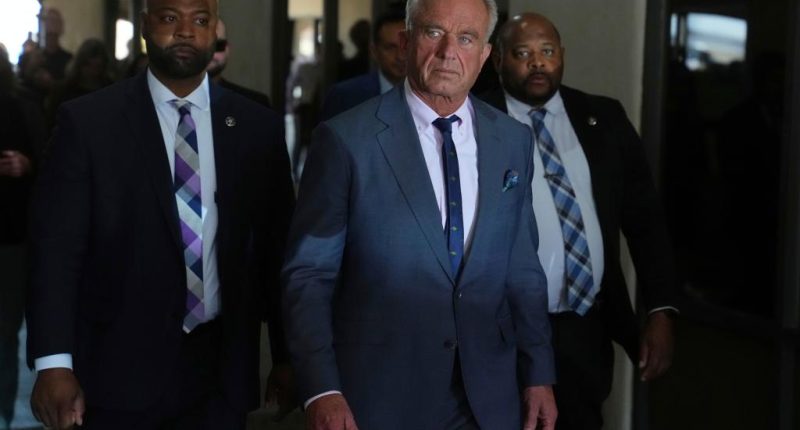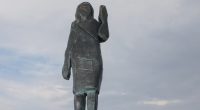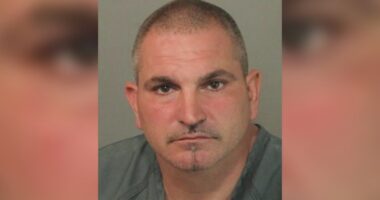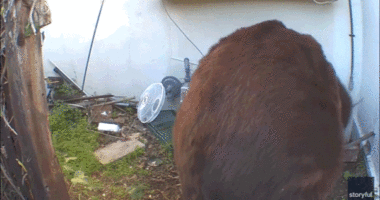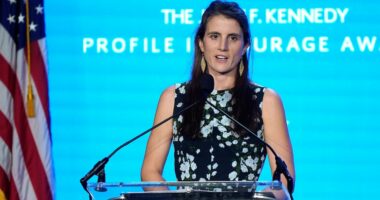Share this @internewscast.com

Robert F. Kennedy Jr. says he’s fighting the kind of “politicized science that drove Froot Loops to the top of the food pyramid.”
President Donald Trump’s secretary of health and human services has become known for questioning regulatory capture, challenging false consensus, and advocating for transparency in public health.
But when it comes to fracking in New York, Kennedy wasn’t the whistleblower. He was the mythmaker.
Will he apply the same skepticism to the fracking ban he himself helped create?
In 2013, Kennedy personally urged then-Gov. Andrew Cuomo to drop a modest proposal to allow only 40 test wells for hydraulic fracturing for natural gas extraction in the state’s Southern Tier.
His reasoning? A then-unpublished public health study from Pennsylvania’s Geisinger Health System, which Kennedy asserted would soon verify the health risks associated with fracking.
That study was never published. But the myth it supported proved useful.
Cuomo reversed course. The test wells never opened.
And the fracking ban — initially pitched as temporary — hardened into permanent policy.
The damage was real: While neighboring Pennsylvania surged ahead with an energy boom, New York’s rural communities were left behind.
Billions of dollars in energy resources went untapped. Thousands of good-paying jobs never materialized.
Local economies that could have been revitalized instead fell further into decline.
In 2009, the Southern Tier counties of New York had higher GDP per capita than their neighbors across the border in northern Pennsylvania. Then New York banned fracking, while Pennsylvania embraced it.
Over the next decade, the economic trajectories flipped.
A recent Heritage Foundation study comparing these geologically similar “Twin Tier” regions found that New York’s ban cost its counties an estimated $11,000 per resident — or $27,000 per household — in lost economic output.
While Pennsylvania saw a boom in jobs, small-business growth and tax revenues, New York’s rural economy stagnated.
From motels and restaurants to trucking and local trades, fracking fueled a broad-based revival in Pennsylvania.
In banning it, New York didn’t just shut the door on drilling — it shut out an entire era of opportunity.
Now, Kennedy is the nation’s top public health official — and he’s in a position to revisit the very kind of politicized, fear-based narratives he claims to oppose.
Kennedy has made a career out of attacking what he calls “inconvenient science” — from vaccine safety to Big Food’s grip on national dietary guidelines.
He rails against media manipulation, corporate influence and government collusion with special interests.
But if he’s serious about any of that, he must apply the same standard to himself.
The arguments used to ban fracking in New York haven’t held up.
Oversight has improved. Technology has advanced. The environmental and health risks are far more manageable than the alarmist rhetoric of 2014 suggested.
And yet the ban remains — frozen in place by outdated talking points and a decade-old political decision Kennedy helped orchestrate.
Fracking is not without environmental consequences. But neither is energy poverty, rural economic decline or mass outmigration.
Public health is about more than air quality — it’s about jobs, housing and opportunity, too.
If Kennedy truly wants to lead a national conversation on science, health and integrity, he should start by revisiting the story he helped sell.
New York’s fracking ban was not grounded in rigorous science, but in fear, political pressure and a conveniently timed myth.
Kennedy doesn’t regulate energy. But he does shape how the country thinks about public health trade-offs and scientific trust.
He can’t have it both ways — decrying captured science when it suits his current agenda, while ignoring it when it benefits his personal convictions or past positions.
To restore public trust in science, Kennedy should call for a full, independent review of New York’s fracking ban.
This isn’t about pleasing the energy industry — which has largely abandoned hopes for fracking in New York — or about political leverage in the ongoing Constitution Pipeline dispute between Trump and Gov. Kathy Hochul.
Rather, it’s about Kennedy modeling the same transparency and intellectual honesty he demands from others in challenging established views. The credibility of his entire mission depends on it.
Anything less would confirm what many already suspect: that Kennedy’s fight against “politicized science” applies only to causes he opposes — and never to the environmental narratives he helped create.
David Catalfamo, president of Capital Public Strategies, was a communications director and vice president for economic development under Gov. George Pataki.
